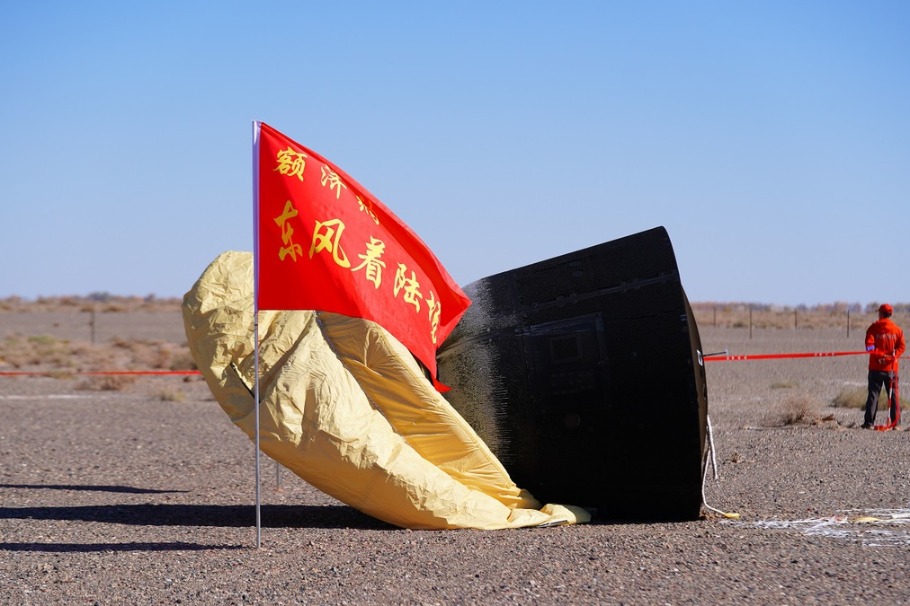From serfdom to security
Elderly residents recall the liberation of Tibet. Zhang Yangfei reports from Lhasa.


Samten, 81, remembers the first time he ate yak meat. He was 25, and he found the juice that burst into his mouth delicious. However, he had never eaten meat before, so his body could not absorb the protein and he got diarrhea.
His lowly status as a serf in a village near downtown Lhasa disbarred him from eating meat.
He said the People's Liberation Army freed Tibet from the aristocracy, meaning he was able to cultivate his own land and butcher his own livestock.
He noted that he was just one of the large number of serfs that accounted for more than 90 percent of Tibet's population at that time.
Samten, who like many Tibetans only uses one name, was born into a family of serfs. He had three older brothers. His oldest brother was beaten by his owner and lost the use of his legs. Because serfs were not allowed access to doctors, the wounds on his injured lower body quickly became septic and filled with maggots. He died a few days later.
Seeing the misery of their oldest sibling, Samten's other brothers were frightened, so they ran away. They were never heard from again.
As the only child left, Samten said he was also scared, and he thought about running away. However, his parents and grandparents were in the hands of the serf masters, and he knew they would be severely punished. He also knew that he would be beaten to death if he were caught.























